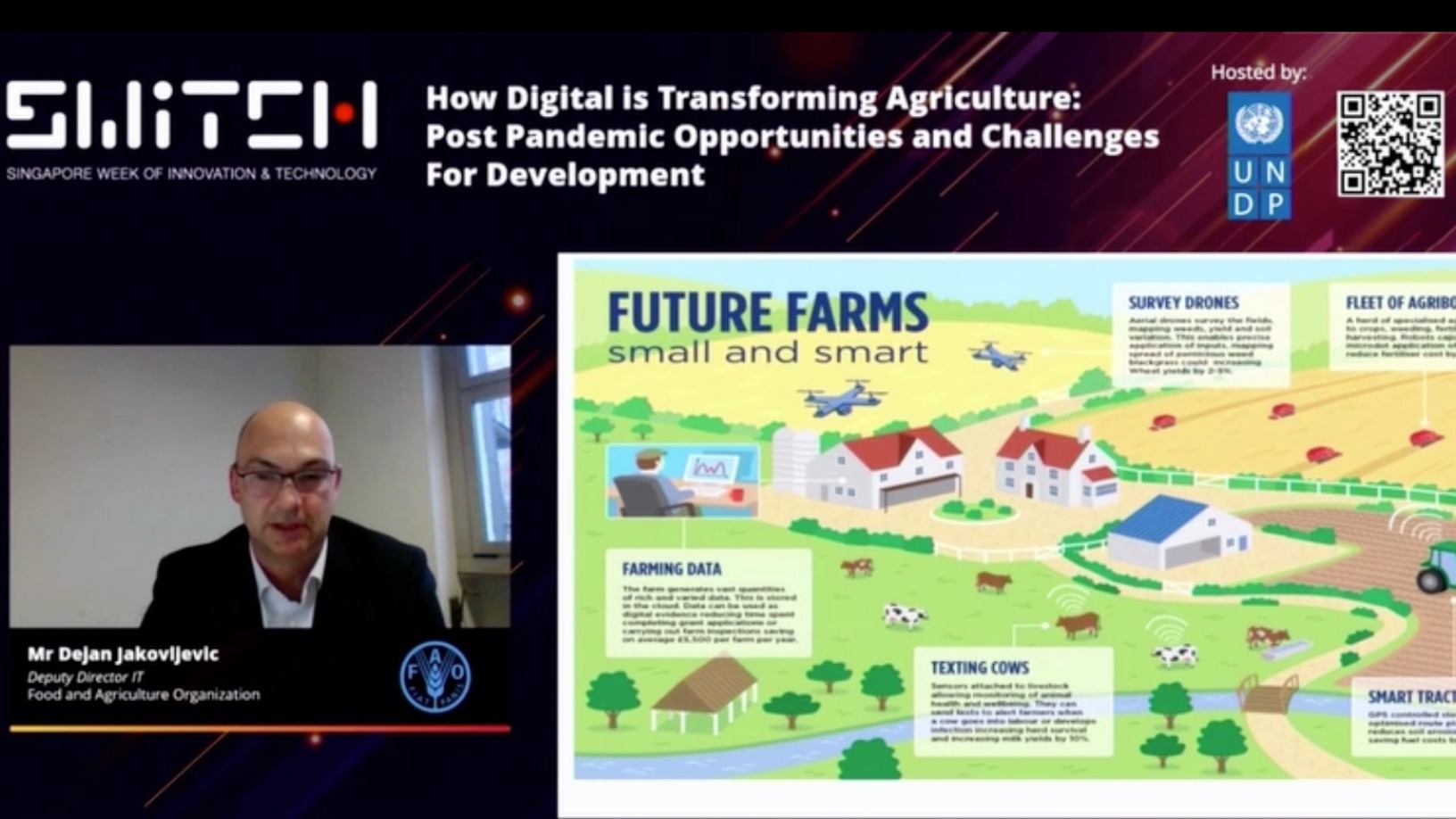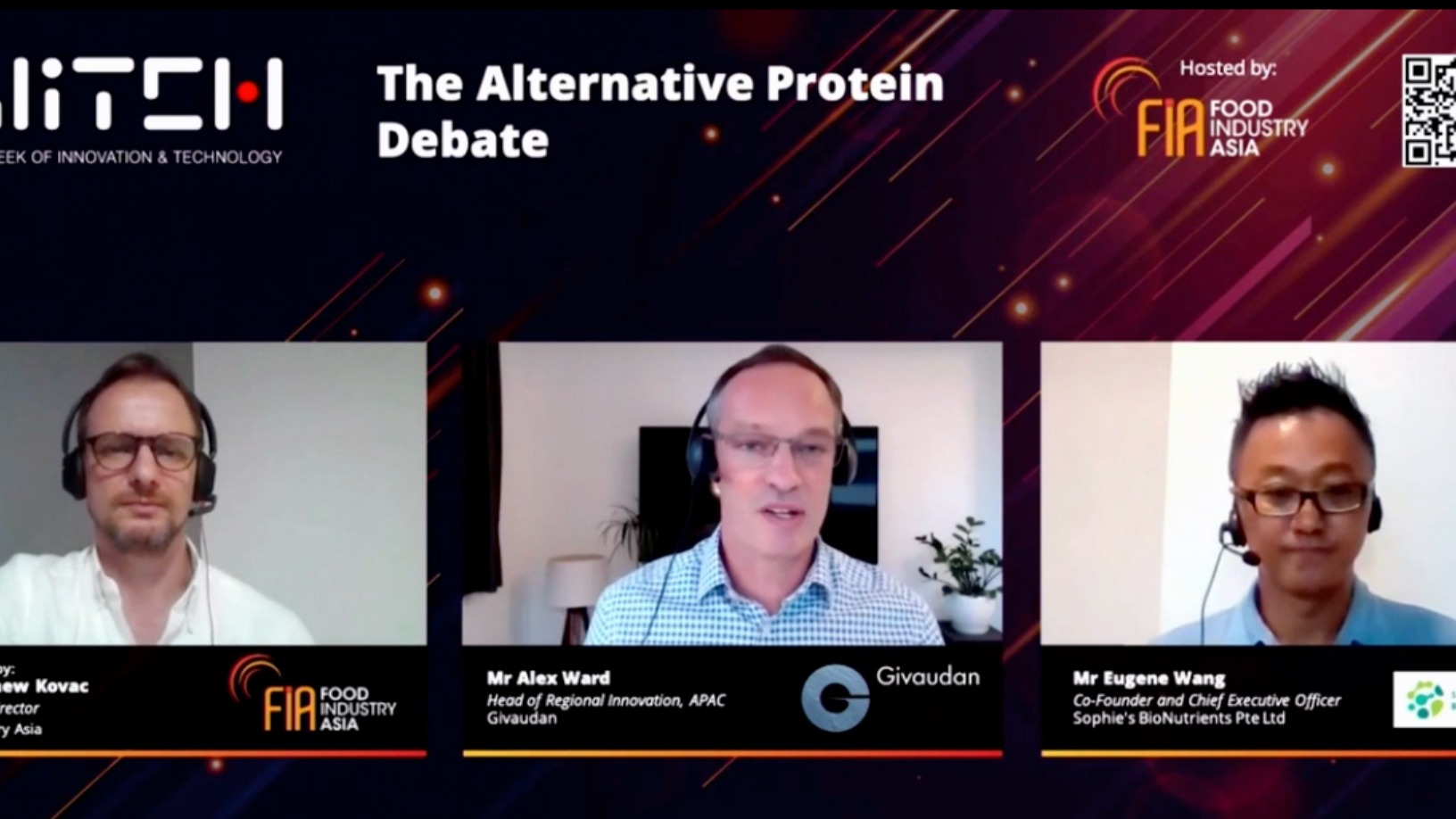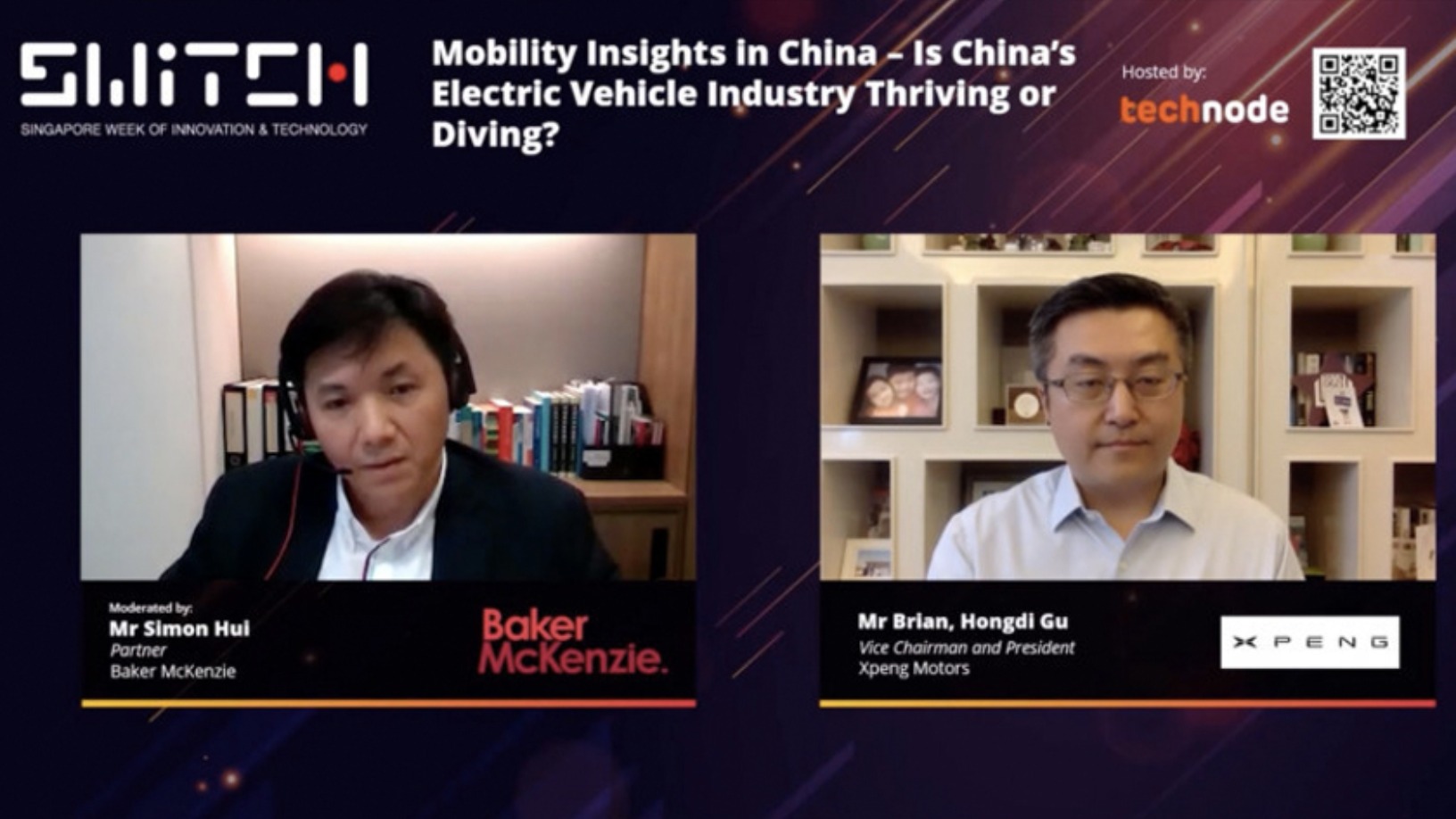Even during uncertain times like the Covid-19 pandemic, VCs continue to invest. They are on the lookout for startups that not only offer short-term fixes to pandemic-related woes but also vision in how they can change their industry after the crisis.
These were among the views expressed by Bernadette Cho, General Manager of Entrepreneur First, and Weihan Liew, Partner at GGV Capital, last week at the Singapore Week of Innovation and Technology (SWITCH) conference. Together with CheeTung Leong, CEO and co-founder of EngageRocket, an HR analytics startup, Cho and Liew spoke at a session titled, “No Blank Cheques: VC Sentiment in a Time of Crisis.”
Investors look for founders who can envision an industry operating or behaving in a very different way than before, the panelists said. VCs want to see the founders demonstrate why they think they are the right people to bring an idea forward, especially if the idea isn’t "common sense." In their evaluation, VCs also consider the founders’ personal experiences and the data and insights they use to back their call.
According to Liew, good investors are "contrarians,” in that they are always ahead of the curve. He added that investors look for startups that would disrupt their industry not only in the near term, but also over a multi-year, even decade-long, period. Cho said founders should find niche and so-called “hair-on-fire” problems, which are important and need urgent resolution.
Meanwhile, founders should not over focus on market size. Instead of seeking a multibillion-dollar market, they should prioritize the first $1m potential revenue from an immediately addressable market, then go higher once they hit that milestone, said Leong.
He urged founders to not dilute their ownership of the company unnecessarily, especially if they have sound business models. While some companies may have to accept a flat-round or a down-round to get crucial cash injections, the founders should still have skin in the game, he added.
Improve, not revamp, workflows
Responding to a question on which companies can thrive during and after the pandemic, Cho quoted Hazel Savage, CEO of AI-based music curation startup Musiio, who said that businesses that thrive are “improving an existing workflow, rather than asking you to change a pattern.”
She referred to Zoom Technologies and its video meeting app as an example of improving workflow during the pandemic, by enabling people to continue to meet and talk to each other “face-to-face” despite not being able to meet in person.
Asking people to completely change their behavior “might be too much change for people to process,” Cho said, adding that people are “really struggling with cognitive load.” Technologies like video conferencing can reduce that load by transferring a familiar process to an easy-to-use digital medium.
Leong said that startups offering SaaS to improve the workflow of enterprises have experienced a boost to their business. He said demand for his company’s service picked up as work-from-home became the norm. Using a cloud-based software, EngageRocket helps enterprise clients conduct employee surveys, process the data and gain insights into employee engagement and organizational health.
“More and more, we’re starting to see statements from even governments that 70% of processes are going to be done on the Cloud,” Leong said. “If you look at SaaS adoption by companies in Southeast Asia, it has been quite slow. Now [progress] has been sped up by five years.”
Cautious optimism
On whether a tech bubble is forming, Liew said that VC funding, which he estimates at $300bn globally, is only a fraction of the global GDP. A bubble might be forming, he admitted, but added that the startup ecosystem and tech innovations are still in “the early innings."
He recounted how, in the past decade, Uber and similar businesses changed the ride-hailing sector, and cryptocurrency and fintech startups boosted the adoption of new payment methods and other financial services. Such startups rose after the 2008 global financial crisis and are still changing the way societies think about how to live and work.
“In the end, even if there is a [tech] bubble, and it bursts, it will leave behind a lot of assets, a legacy of innovation and the productive things people do with them,” said Liew, highlighting past bubbles like the railway mania in the 19th century and the more recent telecom and dotcom bubbles.
Cho is also optimistic. She said there are still many problems that the market hasn’t solved. Problems like air pollution and congestion cannot be solved by “throwing more people at the problem.” Rather, innovation is needed to solve these issues and startups can begin to create new technologies and solve these problems hyper-locally.
There are opportunities for companies born in this period to rethink and remake entire industries, said Liew. Referring to a WSJ article, he said tech companies and talent may no longer be concentrated in certain parts of the world, such as Silicon Valley. “Will people relocate? Will you be hiring talent in a much more global way, compared to how we’ve done in the last 10 years?” Liew asked.
“That’s where the opportunities will come, and I see it across a variety of sectors. It’s going to be an exciting 10 years.”











